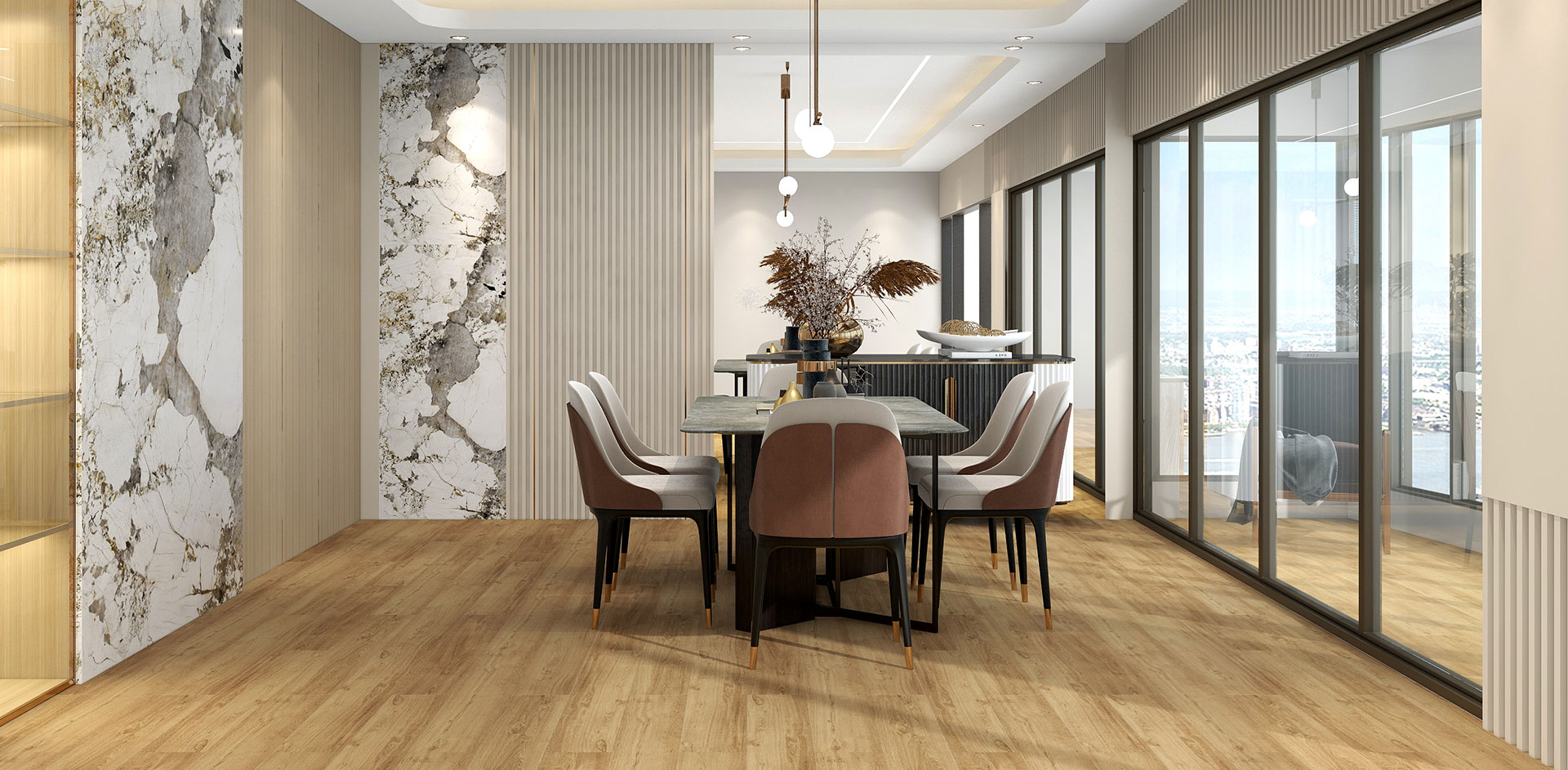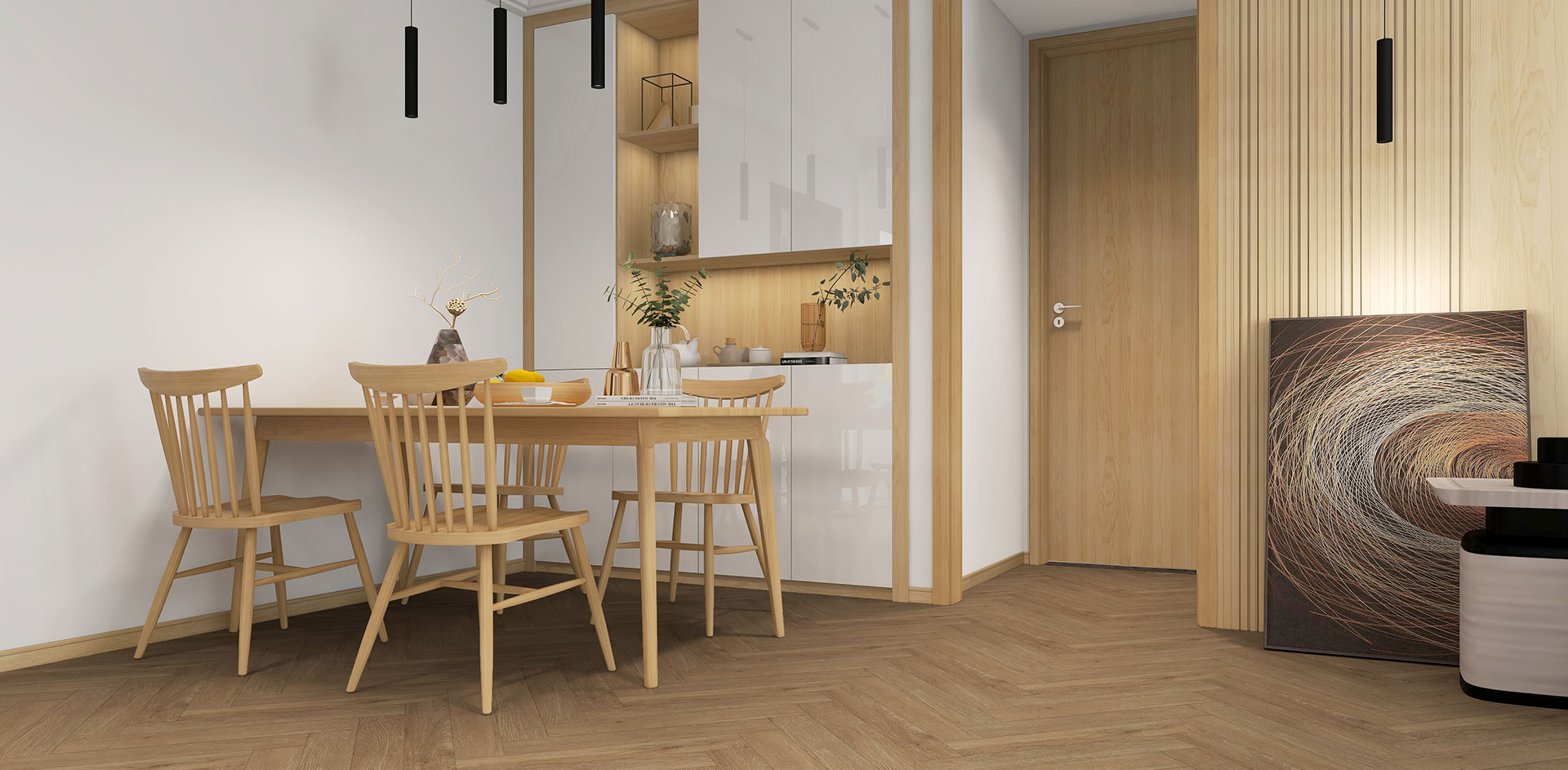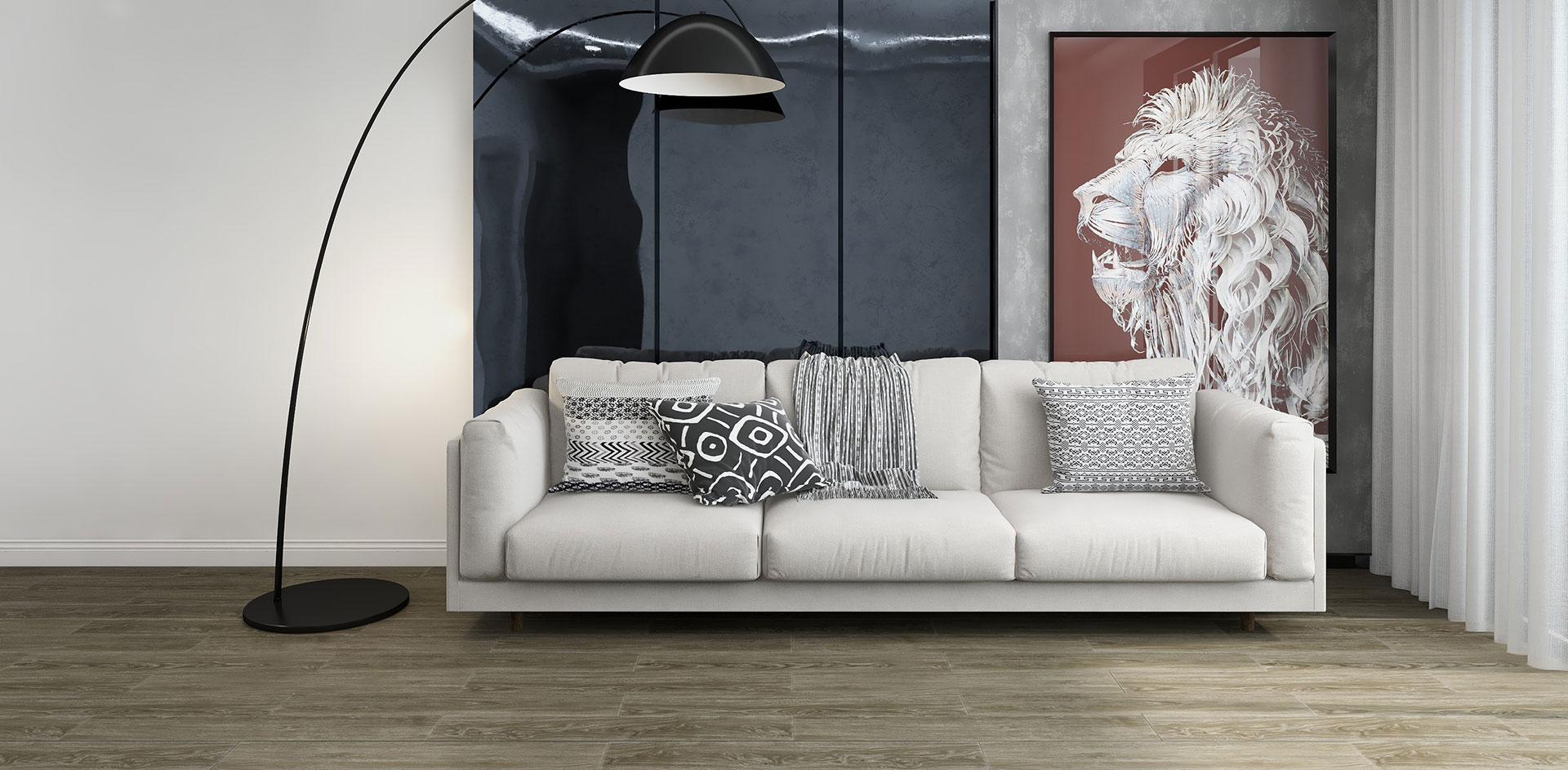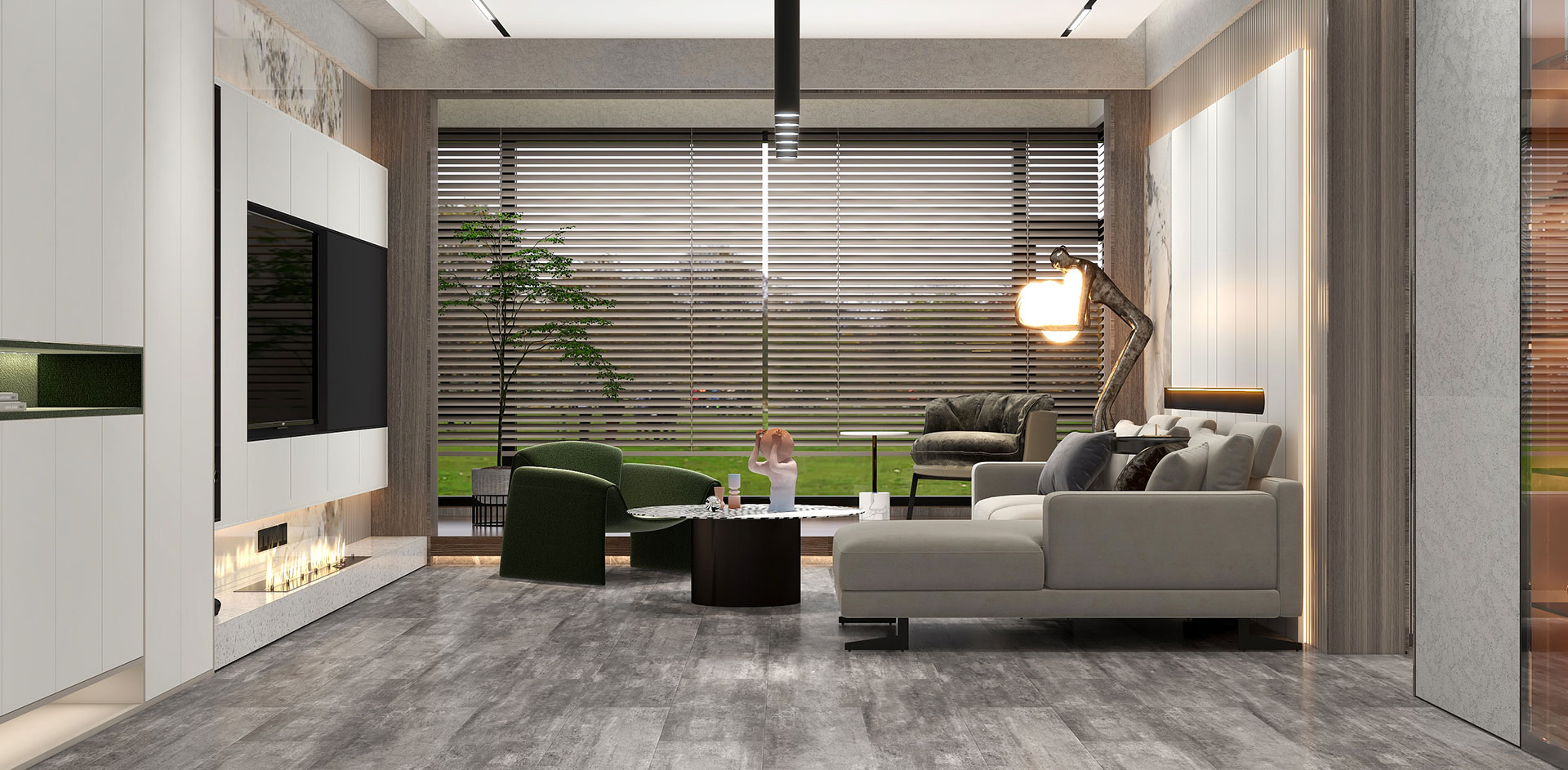
There are several different options for installing vinyl planks including floating floors and glue-down installs. Luxury vinyl plank (LVP) is a favorite for its convincing wood-looks and durable construction, while rigid core vinyl plank (RVP) floors are great for high-traffic areas. Some brands offer waterproof vinyl planks, which are perfect for bathrooms and kitchens.
The thickness of the wear layer is an important factor in determining how durable your vinyl planks will be. This measurement, called mils, refers to the amount of pressure that the plank can withstand before it begins to degrade. The thicker the mil, the better your floors will be able to withstand scratches, dents, and other common household dings. A typical mil for LVP is 12 mil, while commercial grades of vinyl are usually 28 mil or more.
Vinyl planks are available in a variety of widths, so you can find the perfect fit for any room. Wider planks can add a sense of spaciousness to your rooms and are especially great for creating open-concept living spaces. You can also choose narrower planks to create a more cozy feeling in small or cramped rooms.
In addition to the look, it’s important to consider the thickness of your vinyl planks when deciding which option is right for you. The thickness of your vinyl will have a direct impact on how durable and long-lasting your floors will be, so make sure you choose a plank that is at least 5 mm thick overall. Thicker planks are more likely to withstand dings and dents, as well as provide extra cushion underfoot.


 EN
EN  English
English Español
Español






